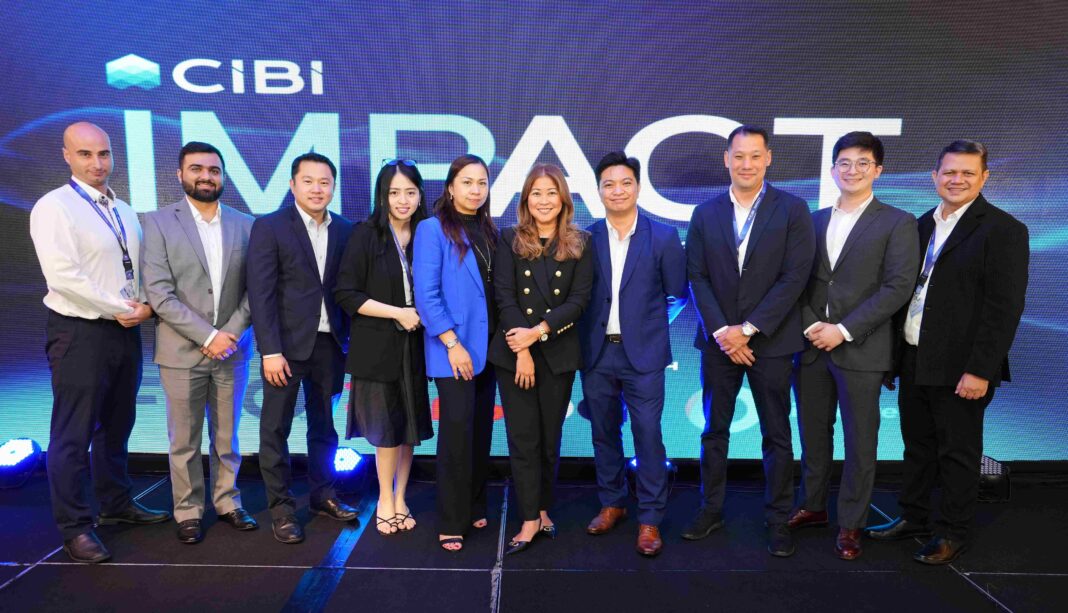The Philippines’ credit landscape is at a turning point. Consumer demand for financing continues to rise, yet limited access to financial services, insufficient credit data, and high delinquency rates underscore the urgent need for trust, transparency, and collaboration across the ecosystem.
Against this backdrop, the country’s first and only local credit bureau, CIBI Information, Inc., convened its inaugural industry summit, CIBI Impact 2025. The event gathered over 150 regulators, senior executives, partners, and decision-makers to confront sector realities and chart a path forward. The clear call to action: the future of Philippine credit lies in trusted data, cross-sector collaboration, and innovative solutions that can expand financial inclusion and fuel sustainable growth.
Rising Demand and Shifting Consumer Behavior
Insights shared at the summit highlighted how Filipinos are increasingly turning to credit. Nicholas Mapa, Chief Economist at Metrobank, noted a surge in this demand, while CIBI Chief Analytics Officer Harley Chan pointed to a remarkable rise in tradelines. Pay Later/Buy Now Pay Later (PL/BNPL) products are growing faster than mortgages, auto financing, and credit cards — driven by fintech digitization, stronger BSP and government initiatives, and improved compliance in data submissions to the Credit Information Corporation (CIC).
Consumer engagement with credit reports is also increasing. CIC President and CEO Atty. Ben Baltazar reported that by mid-2025, Filipinos had accessed over 10 million credit reports, with demand expected to grow with lending activity.
Trust Gap: Barriers to Financial Inclusion
Despite rising demand, a trust gap continues to constrain the industry. JurisTech CEO See Wai Hun emphasized that 49% of Filipinos remain unbanked, and only 1% of their loan applications are accepted due to insufficient credit data. High delinquency rates and billions lost annually to fraud further weaken confidence, altering how institutions assess risk and limit consumers’ access to financing.
Misinformation, fragmented records, and inconsistent reporting undermine credibility. Without reliable and transparent information, lenders grow cautious, borrowers are underserved, and decision-making slows across the value chain. The result: exclusion persists while opportunities for responsible credit growth are left untapped.
Trusted Data as a Catalyst
Breaking this cycle requires more than just data, but trusted data. CIBI Vice President for Service & Industrials Ivy Ramirez shared that quality data enables companies to make decisions 30% faster, boost efficiency by 25%, and increase profitability by 19%. Transparency also strengthens relationships, reduces risk, and shortens time to revenue by 63%.
Fragmented or misleading data, however, compromises confidence and leads to poor lending decisions, higher defaults, and failed partnerships. Trusted data builds credibility for responsible lending, smarter collaboration, and sustainable growth. It is no longer an operational tool–it is the foundation of financial inclusion.
The Role of Collaboration
Cross-sector collaboration is equally vital. No single entity can address systemic barriers alone. Progress demands shared accountability, policy alignment , and innovative solutions that meet evolving consumer needs.
This collaborative spirit was evident at CIBI Impact 2025, where. regulators, financial institutions, and fintechs came together. Partners such as FICO, JurisTech, and FinScore showcased how ecosystem-led strategies can strengthen trust, expand credit visibility, and extend services to more Filipinos, showing that inclusion is achievable through coordinated action.
Looking Ahead
CIBI President and CEO Pia Arellano closed the summit by reaffirming the bureau’s role as a catalyst for inclusion. She announced initiatives such as the Fraud Bureau and CIBI Advanced Tier platform, designed to enhance transparency, reinforce compliance, and strengthen trust in the system. While credit demand is rising rapidly, she cautioned that the trust gap remains the biggest barrier to inclusive access.
“As the world becomes more digital and more connected, the need for reliable, responsible, real-time data becomes greater than ever,” she emphasized. “Our mission is to innovate and collaborate so that trust in data keeps pace with demand—because only then can we build a future where no Filipino is left behind.”
By anchoring progress on trusted data and collaboration, the industry can transform rising demand into meaningful access— unlocking a more inclusive financial future for the Philippines.


